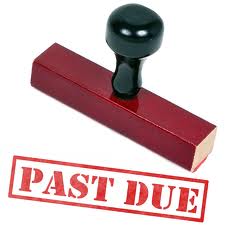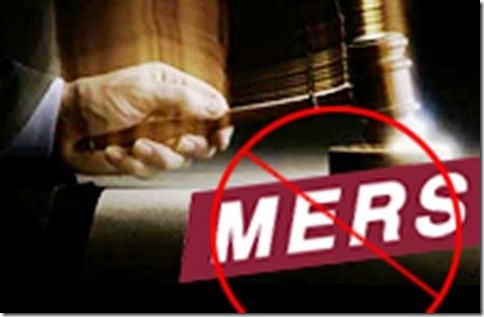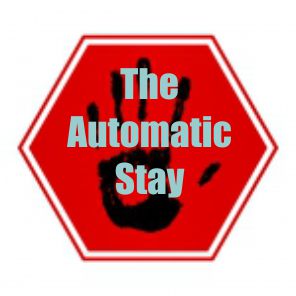Payday loans are small, short-term, unsecured loans often known as cash advances. These loans usually rely on the consumer having previous payroll and employment records. Payday loans are risky. The default rate on these loans has been reported to be as high as 10-20 due to high interest rates. In most cases, debtors can discharge payday loans through a Chapter 7 bankruptcy, or a portion of the debt through Chapter 13.
Before a debtor files for bankruptcy due to a payday loan, he or she should ensure the loan came from a Florida Licensed lender. In Florida, there are a number of restrictions on these loans that include not lending more than $500, and not lending to a person who already possesses an outstanding payday loan. State statutes limit the fees charged on a payday loan to 10% of the total loan amount. This is the interest rate for the specific loan term, not an annual interest rate. If the borrower cannot pay back the payday lender, the lender is limited to demanding the original amount lent plus the 10% fee, simple costs, and any bad check fees imposed by the bank. The lender cannot charge the borrower any other costs unless a court rules otherwise.
Payday lenders may be able to successfully object to a borrower’s payday loan being discharged in a Chapter 7 bankruptcy under certain circumstances. This usually happens if the borrower received a loan from the payday lender within 70-90 days prior to filing their bankruptcy. The lender may argue to the court the borrower took the loan with no intention of paying it back.
 Jacksonville Bankruptcy Lawyer Blog
Jacksonville Bankruptcy Lawyer Blog








 Upon filing for bankruptcy protection, an automatic stay is put in place. This means that creditors can not try and collect from you. So a creditor cannot call you to request payment, send bills to you, garnish your wages anymore, or repossess your car without court permission. If there is a foreclosure suit against you, that suit must also stop immediately. If your home is sold and you filed prior to the sale, that sale can be vacated. Obviously, this is a powerful tool bankruptcy. Many people file to stop creditors from taking actions against them or their property.
Upon filing for bankruptcy protection, an automatic stay is put in place. This means that creditors can not try and collect from you. So a creditor cannot call you to request payment, send bills to you, garnish your wages anymore, or repossess your car without court permission. If there is a foreclosure suit against you, that suit must also stop immediately. If your home is sold and you filed prior to the sale, that sale can be vacated. Obviously, this is a powerful tool bankruptcy. Many people file to stop creditors from taking actions against them or their property.  Your Jacksonville home has a sale date. You’ve been holding off on filing bankruptcy because you thought a mortgage modification might be possible and now you have 24 hours before your home is going to be sold. If you think that nothing can be done to stop it, you’re wrong.
Your Jacksonville home has a sale date. You’ve been holding off on filing bankruptcy because you thought a mortgage modification might be possible and now you have 24 hours before your home is going to be sold. If you think that nothing can be done to stop it, you’re wrong.